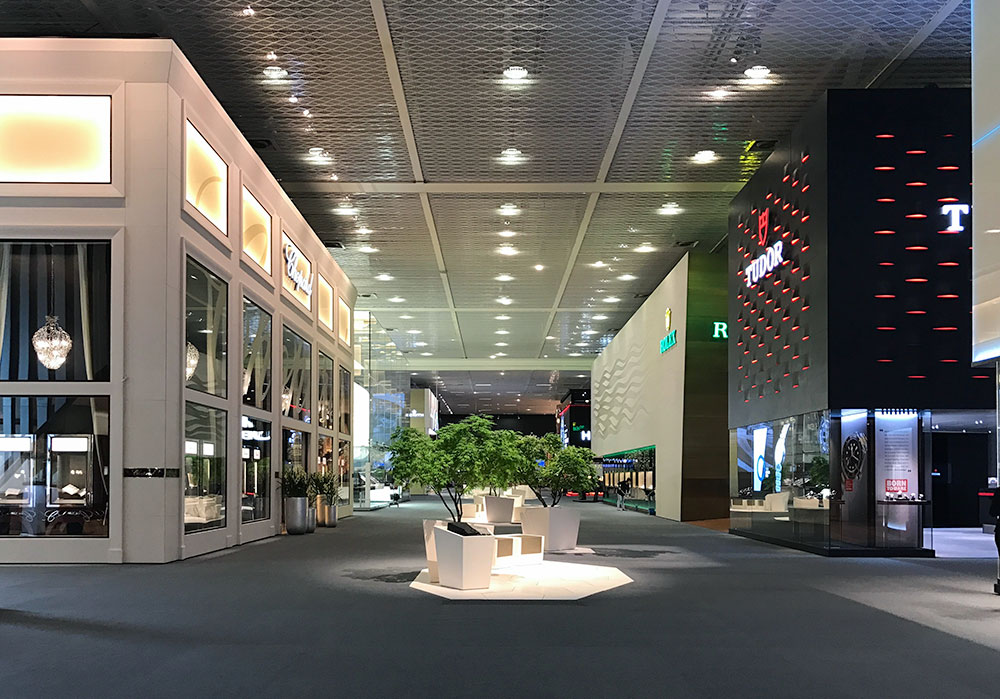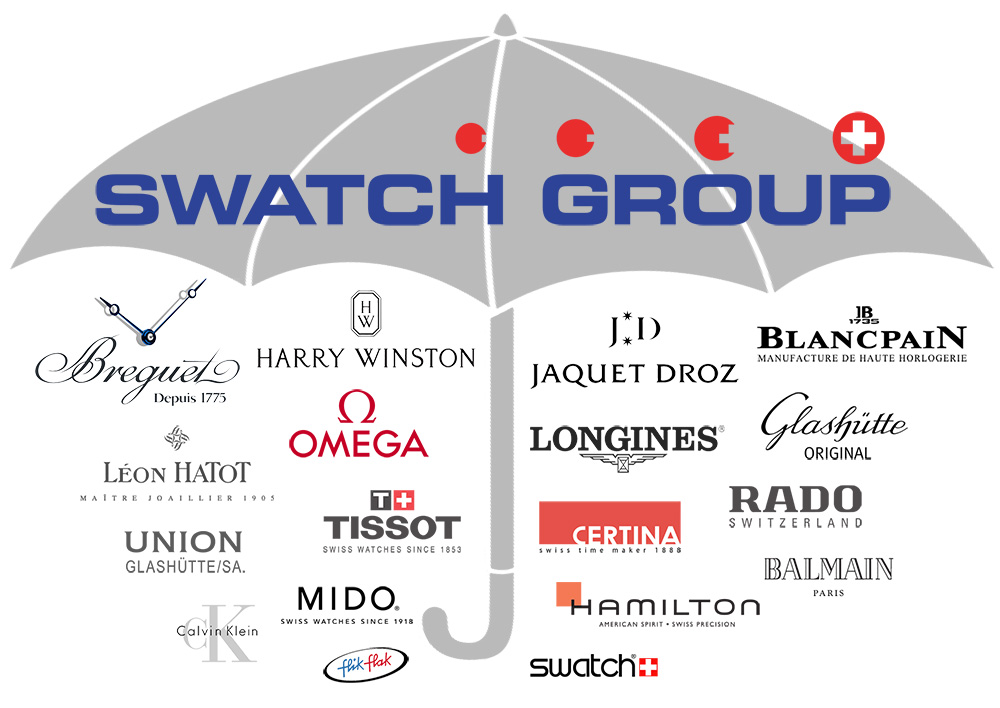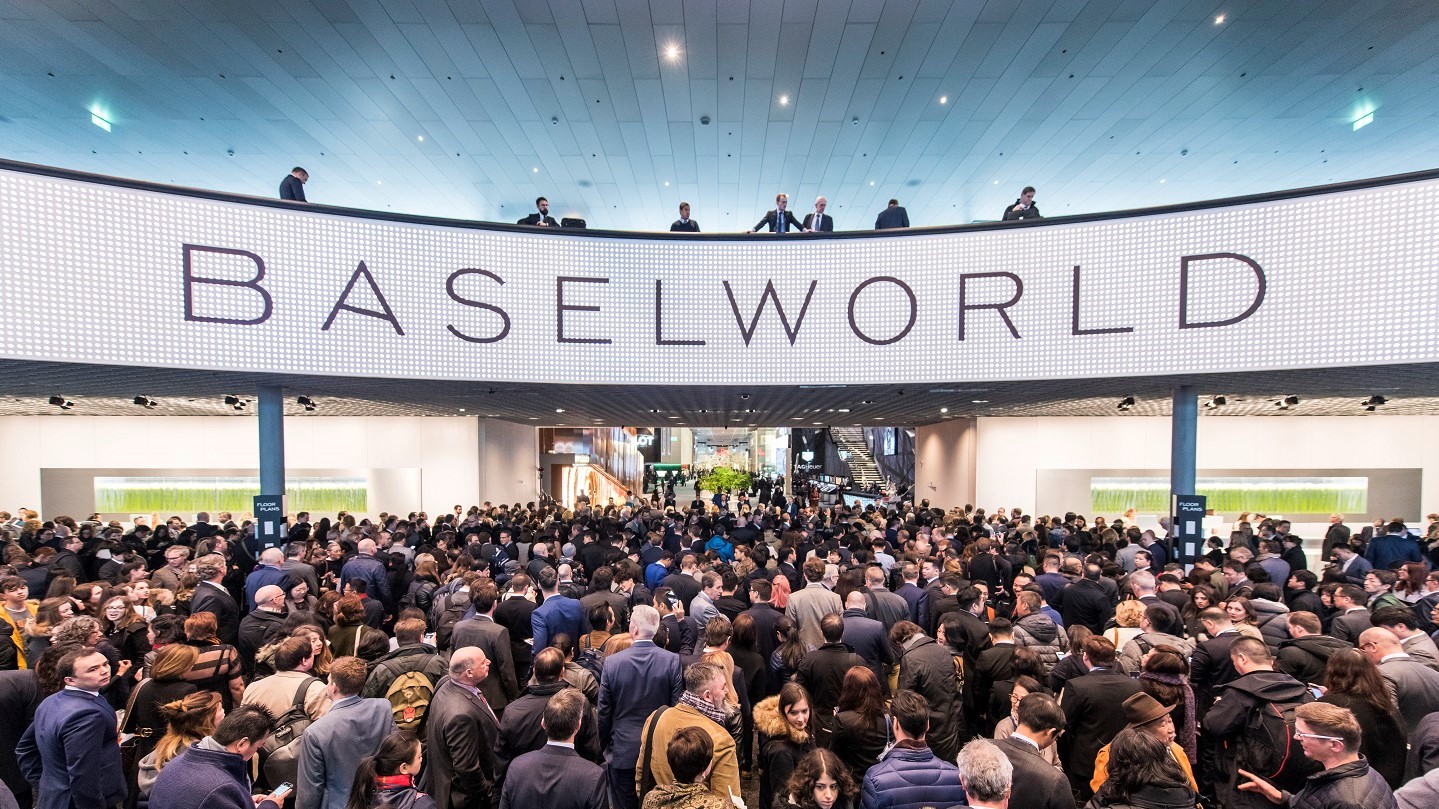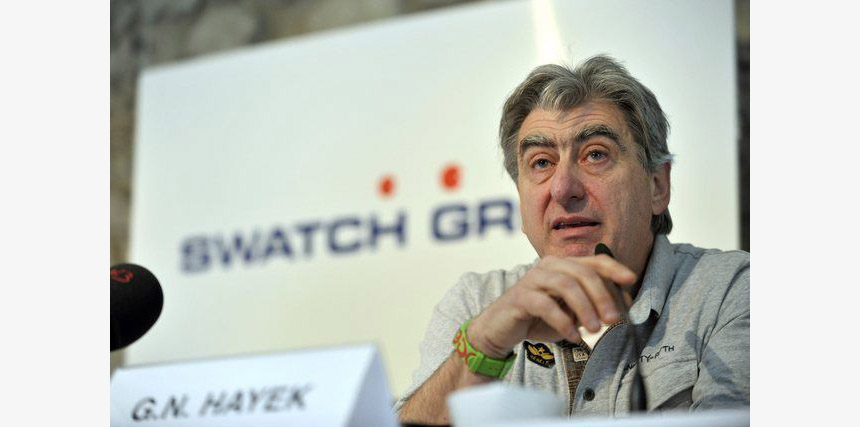
Chairman of the Swatch Group Nick Hayek seemed to announce today via a Swiss newspaper that each of the Swatch Group watch brands would be leaving the long-lived annual wristwatch and jewelry trade show Baselworld. If Hayek sticks to his guns, this is a big deal and could spell the end of the trade show which has been a prominent fixture in my life for about a decade and much more than that for people who are more senior in the watch industry.
Explaining the context of the situation is complicated and involves egos and politics as much as it does actual business interests. With that said, a Baselworld shakeup up is hardly surprising. The trade show isn’t operated by the watch industry itself but rather MCH, which is a third-party organization that operates the convention center where Baselworld is held in the city of Basel, Switzerland. MCH has been deflecting calls to radically restructure the aging watch industry trade show concept for years.
Compounded with the massive economic stress that the watch industry is currently facing, it is hardly surprising that “shots are being fired.” Baselworld saw its number of exhibitors fall sharply from over 1,300 to just 650 from 2017 to 2018, with overall exhibition space also decreasing by a third. Compared to all-time highs with some 2,000 participating brands from many moons ago, Baselworld had certainly been expecting brighter news. The Swatch Group is one of the biggest, if not the biggest Baselworld client – along with colleagues such as the LVMH family of watch brands, Rolex, and Patek Philippe. Without all of these clients’ participation, Baselworld is arguably null.
Part of me suspects that Mr. Hayek is posturing as a tactic to induce MCH to cooperate with him and other watch brands who have been increasing the volume of their complaints about Baselworld over the years. The main issues brands complain about are money and services. Many argue that either Baselworld dramatically reduce its costs for exhibitors (and guests) or they radically increase the services, comforts, and educational/networking opportunities that the show offers. All of this is actually quite reasonable, and as a member of the media I too can empathize with the watch brands because our requests and suggestions to the Baselworld organizers have gone equally unheeded over the years. No offense intended, but my instinct tells me that the conservatism inherent in most things Swiss has got to be a serious factor which prevents changes from occurring in the Baselworld organization. To empathize with MCH, trying to make all the watch brand exhibitors happy at the same time can hardly be a pleasant or simple task.
At the end of Baselworld 2018 (our roundup and analysis here) the Baselworld organizers sent a somewhat shocking announcement that the 2019 iteration of the show would be one day less. The move was designed to help appease complaining brands who argued that exhibiting at the show as well as accommodations in Basel (which routinely suffer from under capacity in accommodations, parking, and convention visitor services) was more expensive than it was worth. In other words, as the watch industry’s sales, marketing, and distribution models change, attending Baselworld was a money-losing investment. They further argue that Baselworld hasn’t done much to help the situation in regard to making the show more productive and useful. The exhibitors who support Baselworld and fund it are pretty unhappy with the lack of service they receive, and now they appear to be really unhappy with a lack of voice.

What seems to have caused Nick Hayek to erupt was a message sent out to Baselworld exhibitors about a “new concept” for the Baselworld 2019 show. Details of this new concept have not emerged yet, but no one seems to be particularly happy with it – least of all, the Swatch Group. Hayek argues (convincingly) that MCH should have at least included major exhibitors in the conversation about how the show might change. Ironically, watch industry professionals outside of Switzerland make the exact same complaint when it comes to the brands they work with or for not including them in conversations about major business changes. Just ask most retailers, distributors, or other marketing and sales partners.
Perhaps it is fitting for the watch brands to get a small taste of their own medicine – which will hopefully lead to more empathy across the board. Egos aside, it does seem reasonable for groups like the Swatch Group to be consulted when it comes to changes to a show they invest so many millions of dollars into annually. In any event, it doesn’t seem like the Swatch Group or other brands are happy with what MCH has planned for 2019’s Baselworld.


